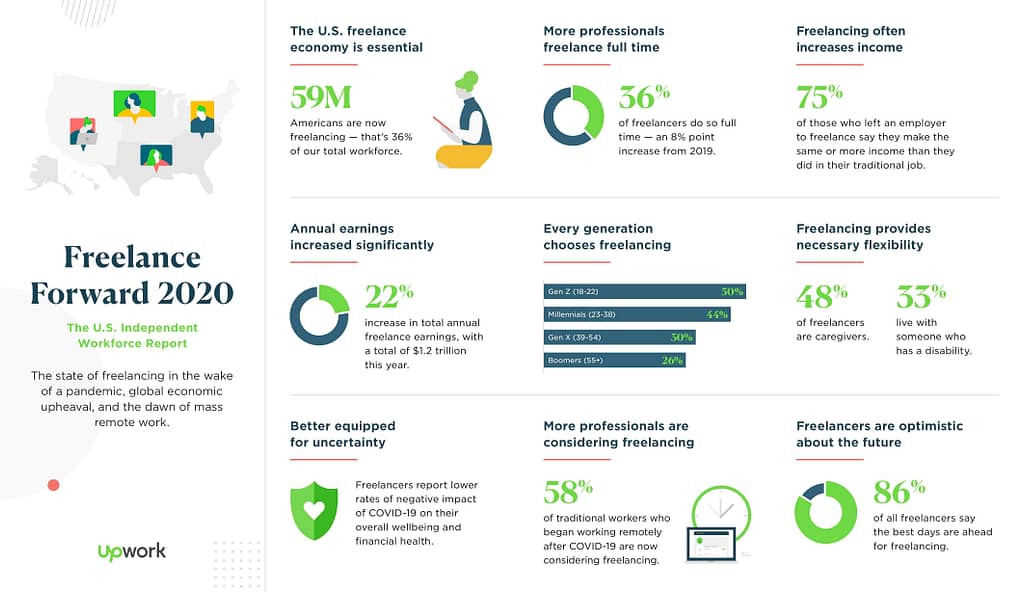
Are you a freelancer? Does not matter what your skill is, if you don’t know these 10 freelancing facts before closing clients or making a final deal with them, we are afraid to say you are going to lose big. Whether you are a newbie in the field or a professional with extensive experience, go through this article to see if you can check mark all of the ten facts.
What facts you should know before closing clients?
Don’t underestimate your client
Make your client feel valued and treat them like pros rather than underestimating them. Think of your customer as a typical boss. Keep lines of communication open, be willing to take constructive criticism, and cheerfully finish required adjustments. Any freelancer should be aware of their bottom line.
Never negotiate without knowing the lowest equivalent hourly wage you’re ready to accept. Examine their website, current news, and product and service reviews. Your awareness of how your work will add to the customer’s more comprehensive picture will improve the more you know about the client.
Value your worth and skills
Always offer a more significant fee than you would if negotiating weren’t an option. Although it could appear that you are being bold, you are simply moving ahead of the negotiation curve. The client will feel like they have gained something from the process, and you will still be delighted with the agreed pricing if the customer can negotiate you down to a level you would have accepted.
Each independent contractor should provide a precise set rate for each job. This enables you to keep your hourly fee while defining the specific scope and deliverables for a particular project and customer. It also puts you in a good position for talks with a comparable scope in the future.
Be friendly but fair.
Relationships and genuine connections drive business. People conduct business with people they know because familiarity is the foundation for trust on a chemical and physiological level in the brain. The success of the negotiation depends on their choice to invest in and interact with you from the first conversation with a potential customer to the time you clinch a contract with them.
Offer a price that is reasonable for both you and your client. Don’t undersell yourself, or you’ll come out as unprofessional. But watch out for overselling; if you charge more than your rivals while providing subpar service, you’ll damage your reputation and future opportunities.
Know what your client needs
The fourth freelancing fact on our list is knowing what your client needs. Even while doing the client’s job in addition to your own is exhausting, there are occasions when you need to do it to simplify your own. Because this customer is also likely to change their mind and request a different project halfway through, be sure you put every aspect of it in writing. In the end, keep in mind that you are a professional.
Any client that challenges the professionalism of your job isn’t a serious one. You’ll learn to spot trends in what clients are looking for as you acquire freelancing experience. You may demonstrate your ability to understand your client’s condition and genuine concern for providing a solution to their problem by anticipating their inquiries before they are even asked.
Don’t waste time bargaining with the wrong client.
70% of freelancers say they manage between two and four jobs simultaneously. It might be tempting to treat prospective customers like royalty during the networking and negotiation process. But doing so can be expensive.
Many freelancers we work with are frustrated with the time they invest in potential clients to lose them. The client may lack subject-matter expertise. Help them understand the significance of the project’s activities by drawing on your experience and knowledge. Your responsibility is to persuade the client to hire you even if they are not severe.
Decide the rate of everything.
Pay and value should be considered while wooing a new potential customer to help you decide how much time and effort to invest in them. Pay is only the amount of money you would get if you fulfilled the contract. The more time and effort you can justify investing in the negotiation, the higher the anticipated salary. Value is more ambiguous; it may refer to how high your client values your work or how passionately you feel about the undertaking.
Investigate and pay attention
To achieve the most satisfactory negotiating result, it is crucial to probe. During negotiations, there are several advantages to asking questions. It gives the customer more information and viewpoints to offer a complete project picture.
Posing queries and paying attention to the client promotes active engagement on both sides. Additionally, it can focus on negotiations and direct the discourse. It provides a platform for opinion sharing and eases project stress. Finally, Clarifying information and checking your comprehension are made possible by asking questions and paying attention to the customer.
Don’t try to do something you can’t.
Sometimes, a client will approach you with a brand-new talent or tool. 41% of freelancers get unexpected jobs from former clients. No matter how closely the tool relates to your skill set, only take the assignment if you can do it.
If you accept a work offer outside your skill set for the sake of money, the job will be ruined, and the client will be dissatisfied. An unsatisfied customer might destroy your reputation. Therefore, only accept offers that you think you can accept.
Don’t say yes too early.
Don’t fall into the trap of believing that research only occurs after the task is formally underway! Pre-negotiation research is essential for gaining a solid understanding of the going rate for your specialty, subject, of course, to the project’s scale, and the qualifications and expertise you’re bringing to the table.
We can all agree that when it comes to digging into the specifics, Google is your best friend. But in reality, a lot of the material you’ll discover on Google doesn’t appear pertinent. Inquire about it from your friends and college contacts. If you are confident that you want to take on a project, then do it.
Cite instances and proof
Last but not least of all freelancing fact is citing instances and proof. Using facts while freelancing rather than sentiments throughout the negotiations is always advisable. 70% of full-time freelancers routinely participate in skill development Stand your ground, provide examples, and be clear about your expectations for a project’s results. To the customer, clearly explain the project’s procedure. You may also show the customer the work of other persons to make their decision-making process more manageable.
Hot FAQs
Still, have some confusion while taking a start in your freelancing career? Don’t worry, these FAQs will definitely help you out.
What if I don’t have any work samples to show to my client?
In the beginning, most freelancers go through the same problem. But this is nothing to be worried about. Treat yourself as a client and assign yourself some projects your potential client will be interested to see. Work hard on them and create a portfolio with impressive work experience.
Should I work for free in beginning to build a portfolio?
No. A big no. You should never work for free if you think you can deliver quality work and value to clients. You are associating time with your client’s project and charging for it is completely okay. People will also tell you to charge low if you want to get more clientage but that’s not true. There are employers who still value your skills and are willing to pay what you charge.
How to get more clients while starting your freelancing journey?
Don’t be in haste if you are new to freelancing. Things might take time but it is worth the effort. To get more clients, building a personal brand and referrals are the best way always to be booked with clients.
Wrapping up…
And that’s all for today. Make sure you don’t forget any facts, mainly number 7, and always apply these points to prosper your freelancing journey with valuable and appreciative clients.
Want to know how to level up your freelancing game? Here is a free course for you to learn the principles and dynamics of freelancing.
Best of luck with your future endeavors!
Related:
HOW TO START FREELANCING ON FIVERR STEP BY STEP? [UNBELIEVABLE SECRETS]
THE ULTIMATE COPYWRITING GUIDE TO BOOST YOUR SALES
FREELANCING VS. FULL TIME VS. REMOTE: WHICH IS BETTER FOR YOU?








